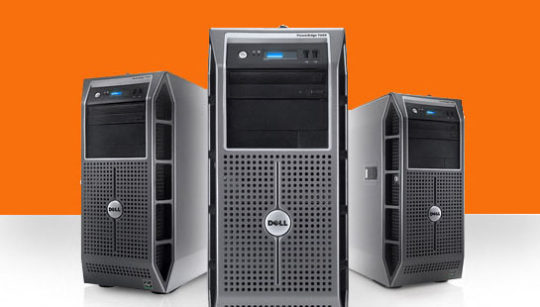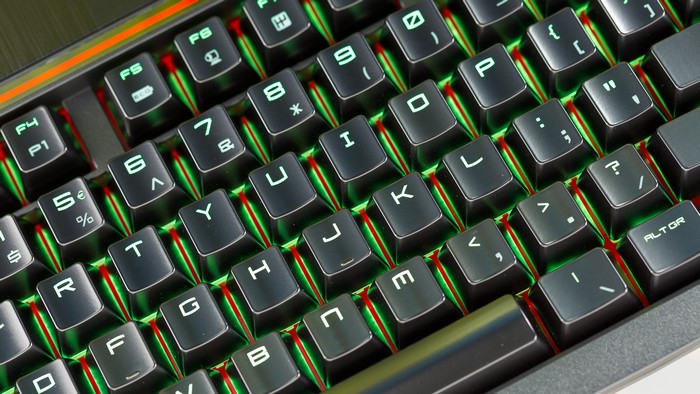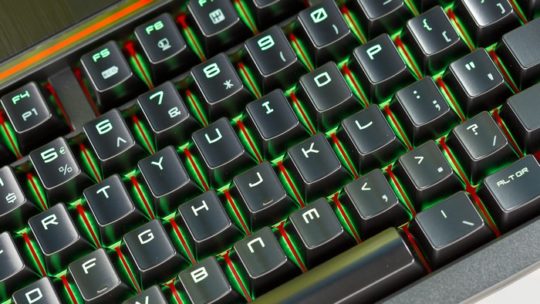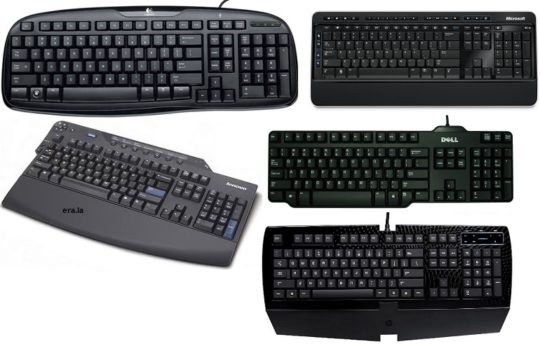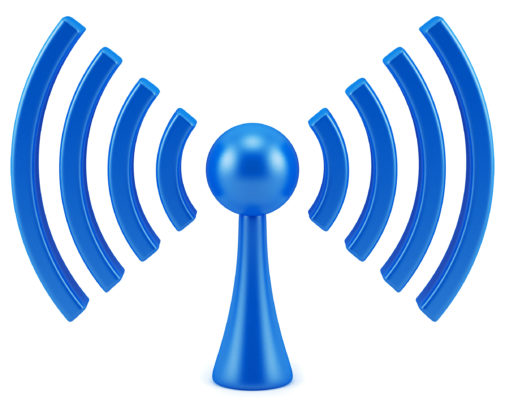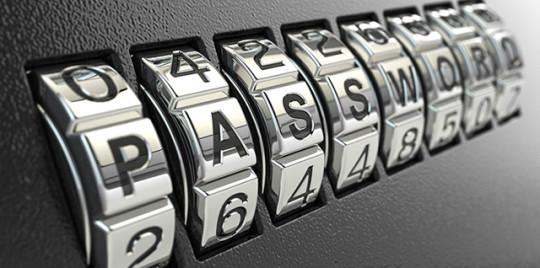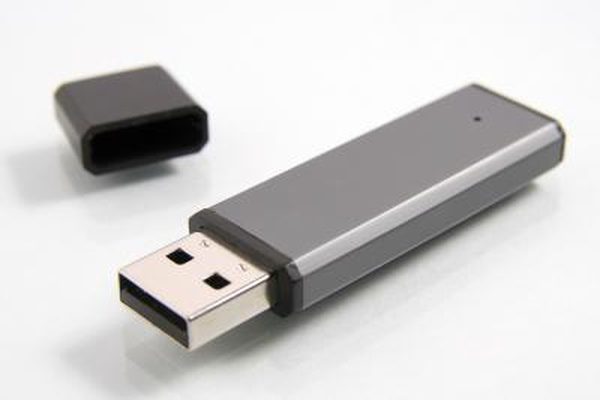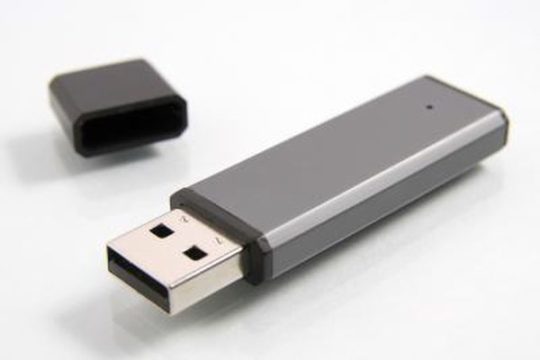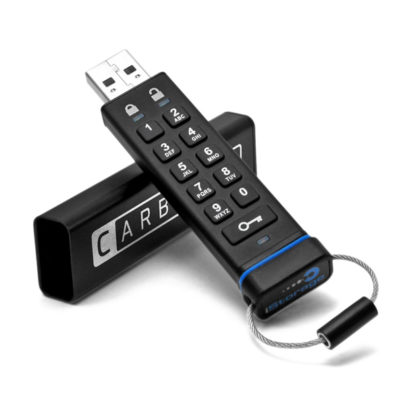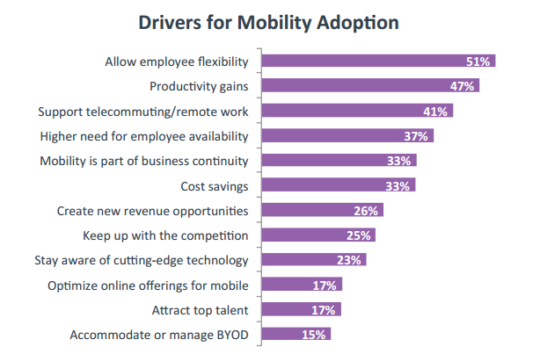If you want your business to be successful and allow your team to collaborate with ease then you need a great PC server, but how do you know which is right?
You’re almost certainly aware that a server is an essential business purchase in the digital age, but do you know what a server actually does? Usually the preserve of IT professionals, servers are dedicated computers that allow you to run hardware, share resources and connect people within your organization. So, as you can tell, they’re crucial for your business to operate and boost your staff’s productivity.
Choosing the best server for your business, however, is a little more complicated due to the vast range of servers available. Naturally, this choice ensures there’s a server for every organization’s needs, but the technical specs and jargon can seem a little bewildering. Thankfully, I’m going to break this jargon down into something more digestible to help you make the right choice.
What Types of Servers are Available?
There are two types of servers most commonly seen in businesses:
- Rack Mounted Servers: Installed within a framework known as a rack, a rack server is a computer dedicated for use as a server. Due to the racking system in place, rack servers can save you valuable space by stacking one server above the other. Rack servers also bring much more simplicity when it comes to connecting cables between individual components.
- Tower Servers: Housed within a single, upright cabinet, a tower server contains a computer which is intended to be used as a server. These types of servers allow easier cooling of individual components and offer a scalability which allows you to constantly add new servers to your network.
Which Operating System is Best?
When it comes to servers, the very best option you can choose to power them is Windows Server. It may feel as though Windows Server is ubiquitous in modern computing and among your rivals, but this is for one simple reason: it’s incredibly effective.
In use, in its earliest incarnation, since 2003, Windows Server is the industry standard, so there’s not only a vast range of options contained within its shell, but there’s also an amazing amount of support available to tackle virtually any issue. There are, of course, alternative options (mostly open source software), but the support for these systems is less prevalent.
How Do You Determine Storage and Memory?
One of the most important needs of a good server is adequate storage and memory. Therefore, calculating the needs of your organization’s computer activity is crucial. Every organization is different, so you will need to analyze your digital operations closely. For example, if you run a client database which requires 1TB storage and 4GB memory then your server needs to have at least that amount of storage and memory. Chances are that your storage and memory needs will increase over time, so it’s recommended that you overbuy in terms of storage and memory to accommodate any future demands.
These are the very basics of servers, but if you can get them right then you’re laying down a fantastic foundation to help power your organization’s networks.
For more ways to secure and optimize your business technology, contact your local IT professionals.
Read More


